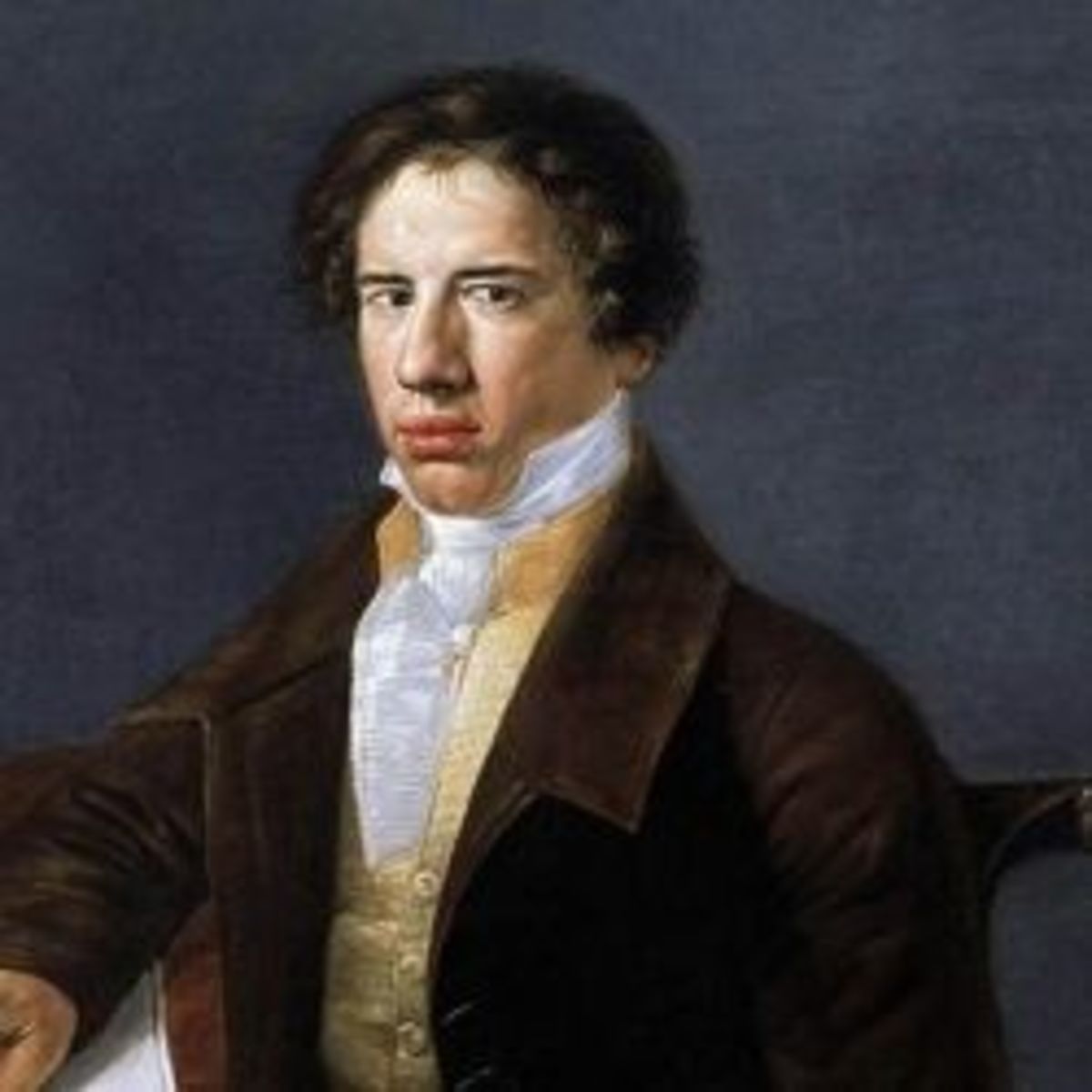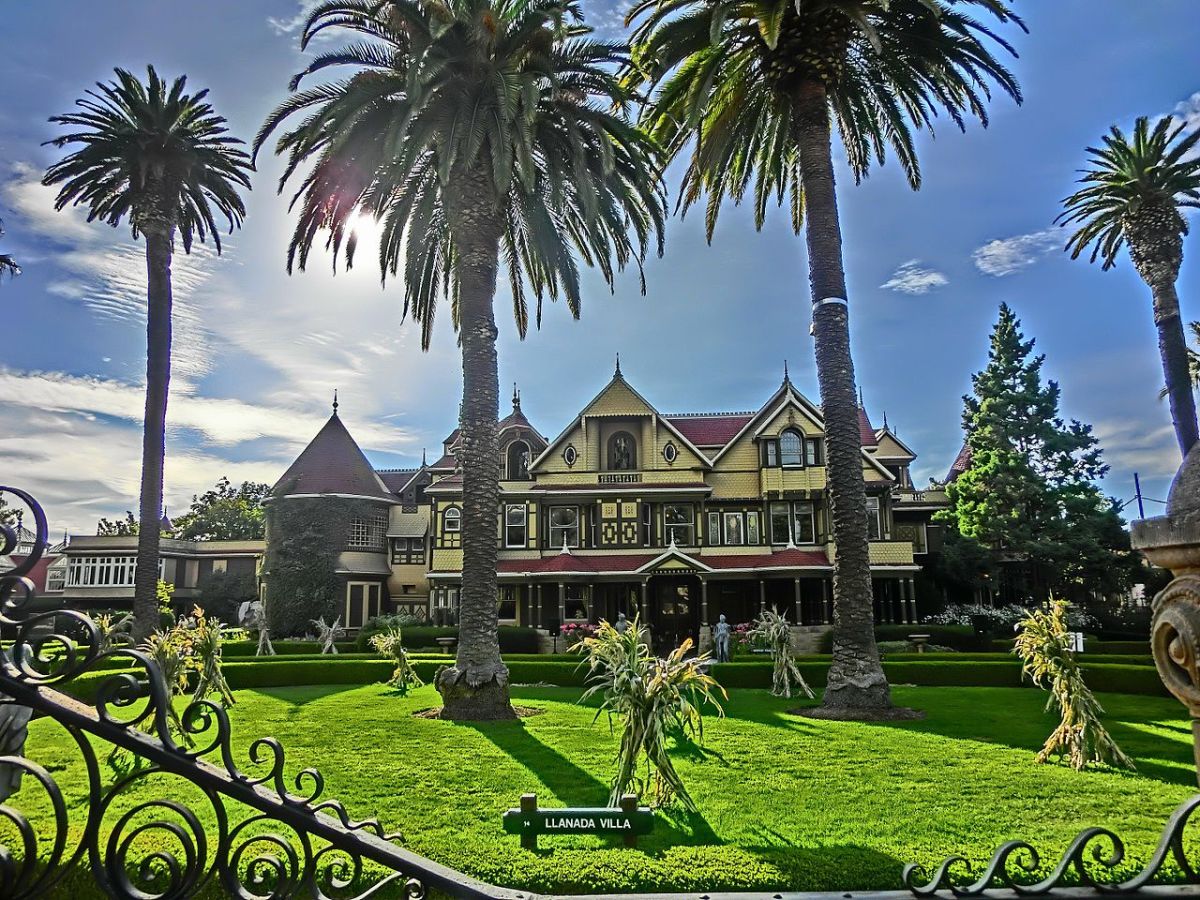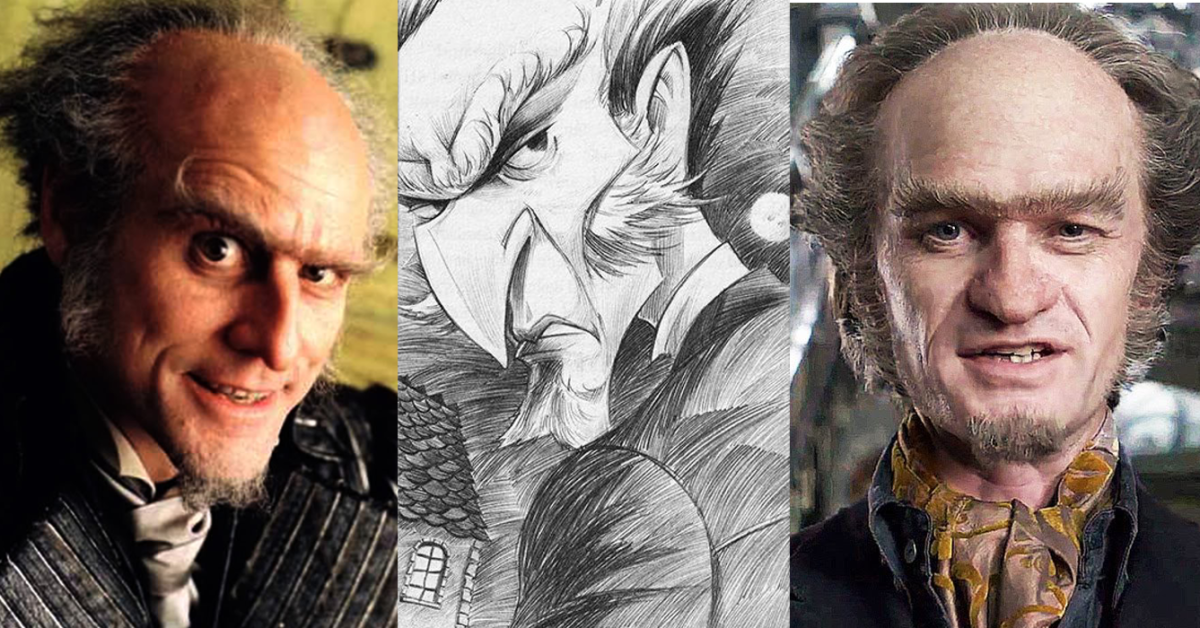IGNATIUS WOLFINGTON : the uncle,soldier, husband, actor,friend
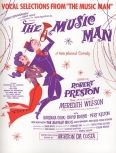
The Music Man's sidekick
Iggie Wolfington sang "Shipoopi" in the 1957 musical The Music Man. The song is sung by the character Marcellus Washburn, friend of Harold Hill. In the play, the song is about finding love and occurs at about the same time that Marian begins to fall for Professor Hill's wooing.
Wolfington was buried with full military honors at Arlington National Cemetery attended by a large group of relatives.
Lt. Wolfington's headstone witnesses his duty to the service of his country and the deep love he held for his country.
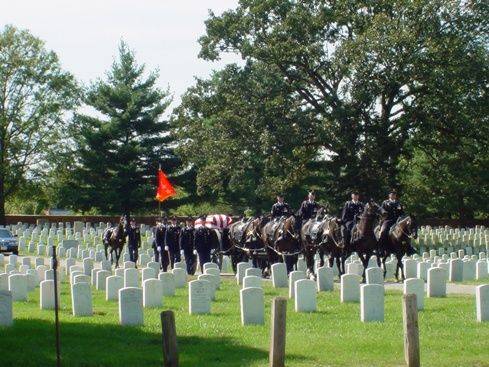
Did you know this about IGGIE
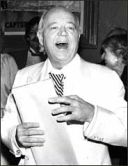
IGGIE
IGNATIUS WOLFINGTON
...was a stage actor who was born Oct.14,1920 in Philadelphia, Pa and died September 30, 2004 in Studio City, California. He wife Lynn Wood is an actress.
Wolfington attended West Philadelphia Catholic High School then studied at the Bessie V. Hicks School of Drama. The Wolfington name is very popular with Philadelphia of old. The t-shirt of the 1950's had the image of a brougham and the words 'the name on your grandfathers Brougham'.
Lt. Wolfington served with distinction in the 102nd Infantry Division (United States) at the Battle of the Bulge during World War II. He received a battlefield commission to the rank of 1st lieutenant. He was awarded the Silver Star for his role in saving thirty men. He also received the Purple Heart for wounds he received in battle. Upon his death, Wolfington was buried with full military honors at Arlington National Cemetery attended by a large group of relatives.
Lt. Wolfington's headstone witnesses his duty to the service of his country and the deep love he held for his country.
Wolfington is best known for his role as Marcellus Washburn in the Broadway musical The Music Man, which earned him a nomination to receive the 1958 Tony Award for Best Performance by a Featured Actor in a Musical. First produced at the Majestic Theatre on December 19, 1957, with Robert Preston as "Harold Hill" and Barbara Cook as "Marian".
He also played the role of Chef Ellsworth in "Mrs McThing", a 1952 play which featured Helen Hayes.
Wolfington worked in the earliest days of live television, then became a familiar face on popular television shows like "Gunsmoke," "Get Smart," "The Andy Griffith Show," "The Waltons," "The Mary Tyler Moore Show," "Fantasy Island," and "The Rockford Files". He made a few television movies.
Wolfington appeared in the film Hex and the Steven Spielberg film 1941.
Labor Union Career
For many years, Iggie Wolfington was a council member of the Actors' Equity Association, a New York City-based labor union for stage actors. In 1969, Wolfington saw the need for a West Coast office of the Actors' Fund of America to provide medical and financial assistance to actors beyond Broadway, NY. Until that time, stage actors outside of New York had experienced difficulty securing adequate support from the headquarters there. Wolfington handled over 10,000 cases in the fifteen years preceding his 2004 death.
Iggie received the following awards:
Screen Actors Guild Life Achievement Award
Philip Loeb Humanitarian Award
Los Angeles Drama Critics Circle Award
NEW YORK (Broadway)













The Music Man
written by EMB @2008
In 1957, after forty drafts, Meredith Willson's(2 LL's) The Music Man opened on Broadway. While this musical evoked nostalgia for a simple life, the music represented a musical departure for Broadway.The Music Man opened at the Majestic Theater on December 19, 1957 with Robert Preston as Harold Hill, Barbara Cook as Marian, and my uncle, Iggie Wolfington as Marcellus Washburn.
The music was unusual for Broadway because it was in the style of quodlibets, or songs that could "partner" with each other without being repetitive. This had never been done before on Broadway. This technique serves to tie characters together using a shared melodic line.
Before Wilson's extensive career, he attended Mason City High and graduated at the age of sixteen. After high school, Wilson left his home town to study at the Damrosch Institute of Musical Art, which later became the Julliard School. Willson learned how to play the flute as a child and he continued learning under the instruction of George Barrere. While attending the Institute, Willson was hired as a principle flutist and piccolo player for the John Philip Sousa Band. Willson later joined the New York Philharmonic Orchestra as the first flutist. Throughout the 1930's, 1940's, and 1950's, he became a musical director for various radio programs, such as Tallulah Bankhead's program, "The Big Show." This is where he wrote his big hit song, "May the Lord Bless and Keep You." Willson has published a variety of at least a dozen concert and symphonic pieces. He also composed scores for movies such as, The Great Dictator and The Little Foxes. Along with movies and radio programs, Willson wrote three Broadway Musicals: The Unsinkable Molly Brown, Here's Love and his first The Music Man.
Wilson wrote The Music Man in a spirit of love and humorous appreciation for his home state, Iowa. In 1949, it was suggested to Willson by Frank Loesser to make a show out of Wilson's reminiscences of his Iowa childhood. It took much writing and rewriting before Kermit Bloomgarden's production of The Music Man opened on Broadway.
The Music Man contains many dance numbers and the perfect for the job as choreographer for the show was Onna White. Onna White was born on March 24th, 1922 in Inverness, Nova Scotia, Canada. White passed away at the age of 83 on April 8th, 2005. She was married to Larry Douglas who had lead roles in The King and I and the national company of The Pajama Game. After eleven years of marriage and two kids, the two divorced in 1959. At an early age of twelve years old, Onna White began taking dance lessons and she eventually went to San Francisco Ballet Company. White's first Broadway performance was in the 1947 production of Finian's Rainbow. Her next performance was in Guys and Dolls were she not only performed but also assisted the choreographer, Michael Kidd. In 1956, she choreographed her first Broadway show called Carmen Jones. Onna White not only performed on Broadway but also on Television. She danced on the Milton Berle Show and the Martha Raye Show. White was nominated for eight Tony Awards for The Music Man, Whoop-Up, Take Me Along, Irma la Douce, Half a Sixpence, Mame, Illya Darling, and I Love My Wife. Unfortunately she never won for any of the shows. Even though choreography is not one of the regular Oscar awards, Onna White won a special Oscar for her Choreography in the 1969 production of Oliver!
The director of The Music Man was Morton Da Costa. Morton was born Morton Tecosky on March 7th, 1914 in Philadelphia, Pennsylvania. He passed away at the age of 75 on January 29th, 1989 from heart failure. Da Costa began his career as an actor. It was actually the Templayers at Temple University that he was his first theatrical involvement. His first Broadway staging work was at the New York City Center with his productions of The Alchemist, She Stoops to Conquer, Dream Girl, and Captain Brassbound's Conversion. Along with acting and directing, Da Costa operated summer theatres for seven years at his own professional theatre in Dayton, Ohio and for two years at the Cragsmoor in Catskills in New York City. Da Costa also wrote the book and lyrics for a musical version of Rip Van Winkle at the Muny Opera. In 1963, Morton Da Costa was nominated for an Oscar, a Directors Guild of America, and a Golden Globe for his directing on The Music Man.
The Music Man is set in the small town of River City, Iowa in 1912. The opening scene is set on a train heading to River City with the dialogue of traveling salesmen, including the lead, Harold Hill. This speak-singing style of this song has been referred to as an ancestor of rap. Harold Hill gets off at River City and is soon told my Marcellus Washburn that Hill's idea to start a boys' band and acquire money from the townspeople for instruments and uniforms will not happen in the town. Hill is told that too make his design to happen he needs to talk to the stubborn librarian and music teacher, Marian Paroo. The hit song "Trouble" is sang by Harold Hill to influence the townspeople to follow in his plan to make a boys' band. Hill tries to win Marian over with his charm, but she rudely ignores him; however, when she performs the song, "Goodnight, My Someone," Marian reveals her sentimental side. With another attempt to persuade the townspeople with his plan, Harold Hill performs "Seventy-Six Trombones." Hill continues to win Marian over and with his second attempt being a failure again, he sings "The Sadder but Wiser Girl," thinking he is over her. But he soon realizes that in most convince her that he is in love with her by singing "Marian the Librarian." Because of Harold's enthusiasm and now that he has delivered the instruments and uniforms without absconding the money, Marian begins to find him charming she tells Harold that she loves him in the song " Till There Was You." With Marian by his side, the River City Boys' band marches in bright and shiny uniforms, making Harold's case won. Known as a doctor by the Townspeople, but certainly not one, Harold Hill brings joy to many of the peoples' lives in River City.
The lead of Harold Hill in The Music Man was played by Robert Preston. Preston was born Robert Preston Meservey on June 8th, 1918 in Newtown Highlands, Massachusetts. He passed away at the age of 70 on March 20th, 1987 of lung cancer. Growing up in Los Angeles, Robert Preston was a trained musician, and in high school he became interested in theatre. Preston joined the Pasadena Community Playhouse, taking classes and performing in scores of plays. As a teen, Preston played the role of Julius Caesar. Preston performed in about forty-two productions at the Pasadena Playhouse. During one of his performances, a Paramount scout saw him and Preston signed a contract with the studio. After serving in England with the Army, Preston returned home and married Kay Feltus in 1940. During the 1940s, Preston struggled with countless unfulfilling roles, which caused him to relocate to New York City to concentrate more on theatre. Preston played many roles on Broadway, such as: Jose Ferrer's production of Twentieth Century playing the part of a producer. He stared in comedies such as: The Male Animal playing a former football player, His and Hers playing a Hollywood press agent, The Tender Trap playing a fireman from Indianapolis, and Janus playing a writer. In 1957 he began the role that would immortalize him, the role of Harold Hill. Before starring in The Music Man, Preston was never in a musical nor did he express any efforts at vocalization. Along with staring in the Original Broadway production of The Music Man, Preston also appeared and starred in the original movie version. In 1958, Preston won a Tony award for best actor in a Musical and again in 1967 for his performance recreated in the movie version.
The supporting role of Marcellus Washburn was played by Ignatius Wolfington. During his childhood, he was given the nickname Iggie by his family and friends, and he decided to retain the nickname while aspiring to a stage career. Iggie was born on October 14th, 1920 in Philadelphia, Pennsylvania. Iggie was the eleventh child of an established family in the business of making broughams for the carriage trade. He passed away at the age of 84 on September 30th, 2004 in Studio City, California. After graduating from a catholic high school in Philadelphia known as West Catholic, Iggie chose to be an actor as his profession. For his first job he received $16 a week for his role in The Five Kings by Orson Welles, an anthology of Shakespearean scenes. The play had a brief run in 1939, but it never made it to Broadway.
In 1942, Iggie went into the Army in World War II. He was wounded in Germany, and received a well-deserved honor for the Infantry sergeant known as the "Fightin' Fat Boy of the 102nd Division." Iggie also received a Purple Heart, a Silver Star and a battlefield commission as second lieutenant for his services in WWII.
Iggie married Lynn Wood, also an actor, in 1972 after meeting doing charity work for the Screen Actors Guild. Before his role in The Music Man, Iggie was probably best-known for his portrayal of the musical chef in Mrs. McThing. In the same year, he won the Clarence Derwent Award for his role in Mrs. McThing. On television, Iggie would be best-known for his roles on Rodgers and Hammerstein Cinderella, Mayerling, One Touch of Venus, and many more.

Before Europe
In June of 1944 the 102d was moved to Fort Dix, New Jersey, on its first leg of the journey overseas.
But before the big move, two regiments were ordered to Philadelphia briefly to cope with a transportation strike which had crippled the city.
Iggie laughs to the story of his overnight stay at his parents home only to arrive back at city park to find that his regiment had trucked back to NJ eatrlier that morning.

WORLD WAR II
a hero
Lt. Wolfington was buried with full military honors at Arlington National Cemetery attended by a large group of relatives.
Lt. Wolfington's headstone witnesses his duty to the service of his country and the deep love he held for his country.
He lies now with the 'unknown': with his fallen brothers-in-arms; on the gentle slope of a hillside green-lined with the passing of another day.

IGGIE
Ignatius 'Iggie' Wolfington (Philadelphia, Pennsylvania, 14 October 1920 - September 30, 2004, Studio City, California) was an American stage actor.
Iggie is the youngest of the Wolfington family of Philadelphia, operators of a carriage business (1900's) and youngest brother of the founder of Wolfington Body Company in Exton, Pa.
He married Lynn Wood, an actress.
Iggie Wolfington attended West Philadelphia Catholic High School, then studied at the Bessie V. Hicks School of Drama.
Lt. Wolfington served with distinction in the 102nd Infantry Division (United States) at the Battle of the Bulge during World War II. He received a battlefield commission as a first lieutenant. He was awarded the Silver Star for his role in saving thirty men. He also received the Purple Heart for wounds he received in battle.
Upon his death, with the assistance of his nephew, Steve Bennett LCSW from the Philadelphia Veterans Admistration, arrangements were facilitated in order that Wolfington was buried at Arlington.

Los Angeles Time
Ignatius 'Iggie' Wolfington, 84; Theater, Film and TV Actor
Obituaries October 04, 2004
Ignatius "Iggie" Wolfington, musical comedy performer and longtime West Coast representative of the Actors' Fund of America offering a helping hand to down-and-out thespians, has died. He was 84.
Wolfington died Thursday in Studio City of natural causes, said friend and fellow performer Henry Gibson.
The Philadelphia-born Wolfington, who grew up acting and studied at the Bessie V. Hicks School of Drama, first won critical acclaim on Broadway as Chef Ellsworth in the 1952 production of "Mrs. McThing," starring Helen Hayes. The role earned him the Clarence Derwent Award given by the Actors' Equity Assn. for the most promising performance in a supporting role.

ALWAYS a funny story
Always a funny day with Iggie
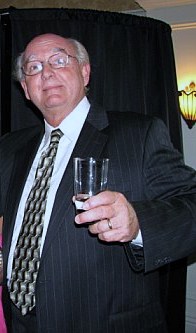
ALWAYS THE MEMORIES
Thanks to IGGIE we can all have a good laugh.
CHEERS ! to IGGIE... hip hip yoorah !!!
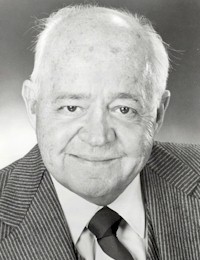
THE ASSOCIATED PRESS
9/30/2004
Iggie Wolfington, Veteran Actor, Dies at 84
By THE ASSOCIATED PRESS
- Iggie was nominated for a Tony Award for the original Broadway production of "The Music Man," died in LA Sept. 30. He was 84.
His friend, the actor Henry Gibson, said he died of natural causes.
As the longtime West Coast representative of the New York-based Actors' Fund of America, Mr. Wolfington helped thousands of actors in need of financial, medical and other assistance.
It was his proposal that the Actors' Fund establish a West Coast office to serve Hollywood-area actors better. He served 15 years in the office, retiring in 1984.
Mr. Wolfington, a Philadelphia native whose given name was Ignatius, was in the Army in World War II and received a Purple Heart and Silver Star and a battlefield commission as a second lieutenant.
As an actor, he first won acclaim in the 1952 Broadway production of "Mrs. McThing," starring Helen Hayes. He received the Actors' Equity Association award for the most promising performance in a supporting role.
His Tony nomination came in 1958 for his role as Robert Preston's sidekick in "The Music Man."
Mr. Wolfington also appeared in films, including Steven Spielberg's "1941," and on television. His television roles began with live anthology programs including "The Chevrolet Tele-Theater" and "Studio One."
He also had roles in "Gunsmoke," "Get Smart," "The Andy Griffith Show," "The Waltons," "Mary Tyler Moore," "Fantasy Island," "The Rockford Files" and "Amazing Stories."
He is survived by his wife of 32 years, the actress Lynn Wood.Lynn still lives in California.

